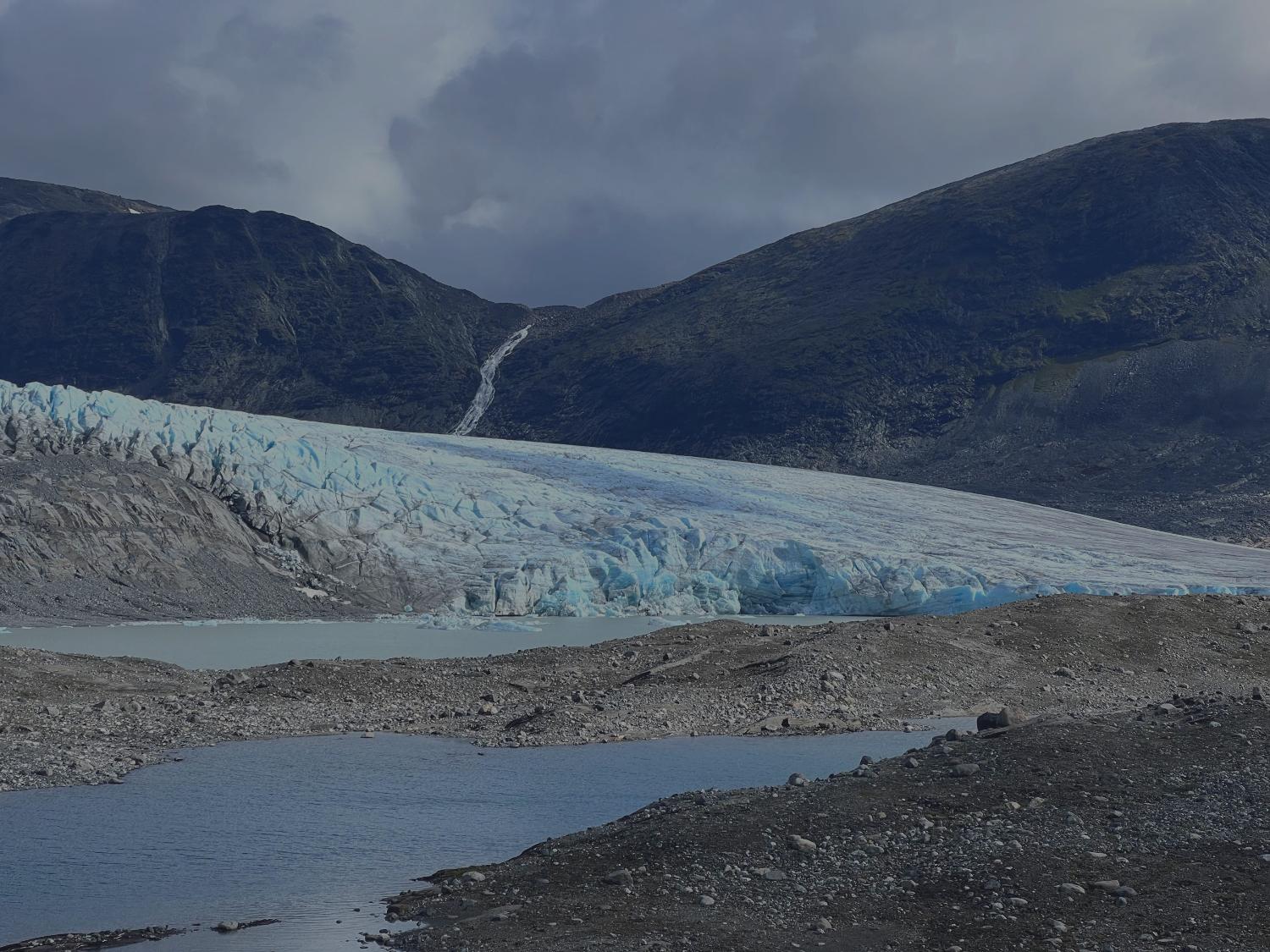ILP-seminaret: Glaciereducation – Glaciers as learningarena


Glaciers are fascinating and crucial for our climate, but they are traditionally scarcely used in the education system. Many students and teachers are not aware of their role and how to utilize them for teaching and learning. Most of us do not have direct access to glaciers, as they are present in only a few regions and can be experienced in even fewer regions. Additionally, most glaciers globally recede currently, which makes it necessary to know the consequences in a changing climate.
Luckily, Steindalsbreen in the Lyngen Alps can be reached within a short time from Tromsø, which explains that researchers from different disciplines use the same glacier as a model for research and education. In this seminar we would like to share and combine research insights about the scientific basis with results from projects about teaching and learning about, next to and on glaciers.
Introduction – glaciers, an interdisciplinary learning arena (5 min.)
Jan Höper, UiT – department of education
What may happen if Glaciers disappear (20 min)
Jemma Wadham, Director of the Norwegian Centre of Excellence: iC3 - Centre for ice, Cryosphere, Carbon and Climate
Jemma is a world-renowned glaciologist who recently moved to Tromsø and will be giving an introduction on why glaciers around the world, as well as in Norway, are melting, and what the consequences are for nature and for us humans. Her project METALLICA is currently investigating the extent to which heavy metals are released during melting.
Erasmusproject GlacierXperience - virtual and physical glaciereducation (15min)
Volker Heck, Univeryity of Siegen; Jan Höper, UiT; Philipp Spitzer, University of Graz
The project offers an immersive experience of glaciers, providing young people with a deeper understanding of their significance through chemical, physical, and geological experiments. The aim is to digitally bring various glaciers into the classroom, making the world of glaciers and their related scientific phenomena accessible to more learners. In addition to the virtual learning environment, outdoor laboratories are being established on the Dachstein glaciers in cooperation with the Dachstein Cable Car, offering hands-on learning experiences.
Modeling the consequences: Experiments for the classroom (15 min)
Philipp Spitzer, University of Graz, Center for Chemistry Education
Alpine and glacial landscapes are currently undergoing massive changes. Many research groups are investigating these changes, focusing on the underlying processes and the impacts of this transformation. One example of such change is the elevated heavy metal content in mountain streams caused by acid mining. In schools, these topics are often taught theoretically. Therefore, as part of our research, model experiments were developed to address these phenomena in the classroom, allowing students to practically understand them.
--- Break 20 min., cake and coffee ---
What happens when we travel in glacier landscape for multiday excursions? (15 min)
Cecilie Harr Moen, Assistant professor friluftsliv/outdoor education. UiT – department of education.
Glaciers were a necessary and important thoroughfare for people in the rural areas for a long time, primarily in southwestern and northern Norway. In Svalbard, glaciers still are a necessary way of traveling between valleys and communities both for utility and for adventure. Through her versatile outdoor experience and work with both students and tourists in glacier landscape, Cecilie will give some perspectives on how glaciers can be a practical learning arena as well as an adventure itself.
Panel debate: How could we integrate glaciers into the education system in school and higher education? (approx. 20 min)
Moderation: Jan Höper
The presentations will be given in English, but questions may be asked in Norwegian.
Seminaret er åpent for alle.
Det er også mulig å delta på teams.